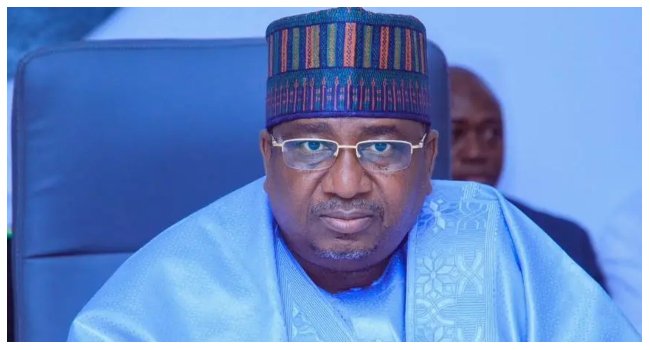IN a nation where much of the public remains deeply uncertain about how governance truly works, whistleblowers play an indispensable and courageous role in championing reform. Nigeria, with its multifaceted and deeply entrenched challenges particularly in the health sector desperately needs bold change agents and visionary, woke leadership to turn the tide.
Recent developments in Kebbi State offer a glimmer of transformative hope, showing how whistleblowers, when empowered by strong political will, can catalyze remarkable, far-reaching change.
Citizen whistleblower, Muhammad Bello popularly known as Dan Bello was the first to raise alarm over the deplorable and shameful state of healthcare facilities in Kebbi broken medical equipment, empty medicine cabinets, and absentee health workers who rarely show up for duty.
In a commendable and decisive move, Governor Nasir Idris swiftly suspended the Health Commissioner, Alhaji Yunusa Musa-Ismail, pending a full investigation. This action, taken in one of the few Nigerian states with growing whistleblower protection mechanisms, sent a powerful message of accountability and reassured citizens that the system is working.
What is truly unique and refreshing about Kebbi is its refusal to adopt the usual “damage control” mentality. Governor Idris is boldly embracing a culture of accountability, even at the risk of political backlash.
Earlier this year, he established the Kebbi State Commission for Persons with Disabilities, proving himself to be attuned to the cries of the marginalized and vulnerable. In addition, his government’s introduction of solar-powered irrigation pumps for farmers underscores a genuine bottom-up governance approach, demonstrating that transparency is not mere lip service but tangible action.
Yet, the administration has not been spared stiff criticism, with some accusing it of failing to show adequate respect for transparency and accountability.
The controversial arrest of blogger Hassan Mai-Waya Kangiwa, who had exposed the dismal and inhumane conditions at Kangiwa General Hospital, sparked intense national outrage. Media Rights Agenda (MRA) condemned the arrest, accusing Governor Idris of violating international best practices on press freedom and demanding Kangiwa’s immediate release.
Facing mounting public pressure, the governor ordered Kangiwa’s release four days later. Investigations revealed that the arrest was carried out by an overzealous security officer without consulting the governor. This revelation led to swift disciplinary action and the suspension of the commissioner involved.
This episode underscores a profound truth: the success of whistleblowing mechanisms depends not merely on legislation but also on the broader culture of institutional accountability and the respect for civil liberties.
In countries like the United States, robust and well-enforced legislation such as the Whistleblower Protection Act shields those who expose wrongdoing from retaliation. Nigeria’s legal environment, by contrast, is patchy and unpredictable, and cultural stigmatization continues to silence potential whistleblowers.
Nevertheless, Kebbi’s response suggests a new and hopeful trajectory — one that encourages citizens to become active participants in governance rather than passive bystanders.
The lesson here is crystal clear: whistleblowing achieves its maximum impact when leaders respond with dignity, justice, and resolve. Retribution or dismissiveness discourages potential whistleblowers and undermines public trust. But when leaders, like Governor Idris, respond with fairness, it emboldens more citizens to come forward, expose corruption, and gradually rebuild confidence in public institutions.
The suspension of Musa-Ismail should not be viewed as the end of the matter but rather as the beginning of a rigorous and transparent process to reform Kebbi’s healthcare system. Encouragingly, visible progress is underway: the Idris administration has commenced the renovation of five primary health centers and begun an audit of medical supply chains to restore efficiency and accountability.
If these efforts succeed, Kebbi could set a national and even global template for accountability and responsive governance.
The Kebbi lesson is universal: leadership thrives when it listens. Whistleblowing is not an act of sabotage but a noble civic duty that strengthens democracy, enforces integrity, and reminds public officials that they exist to serve the people first.
As Nigeria continues to grapple with its chronic governance challenges in health, education, and infrastructure, the fearless courage of citizens like Dan Bello, combined with the bold responsiveness of leaders like Governor Idris, provides a beacon of hope for national transformation.
The synergy between citizen activism and responsible governance offers the promise of greater justice, deeper accountability, and more efficient government and the world will be watching.
- Dawakin Kudu writes from Kano and can be reached at suleimanasuleiman476@gmail.com.







